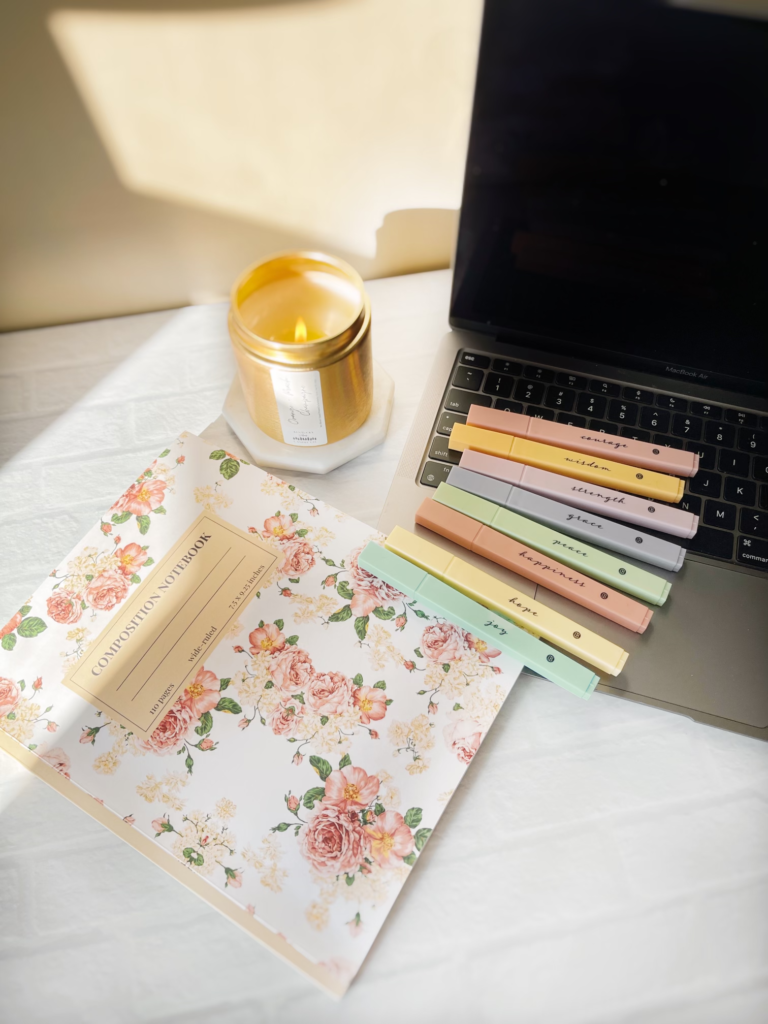
As nurses and nursing students, we can all agree that our profession is not an easy one. We face challenges every day – from dealing with difficult patients and families to managing the physical and emotional demands of the job. In the midst of all this chaos, it’s easy to lose sight of the bigger picture and forget why we started in the first place. But what if I told you that there’s a simple tool that can help you improve your skills and overcome these challenges? We’re talking about personal journaling.
Now, before you roll your eyes and dismiss this as yet another buzzword, hear me out. Personal journaling is a proven practice that can help nurses and nursing students reflect on their experiences, identify patterns in their behavior and thinking, and improve their communication and critical thinking skills. And the best part? It’s easy to get started.
First, let’s define what we mean by personal journaling. Essentially, it’s the act of writing down your thoughts, feelings, and experiences in a private notebook or digital document. The key word here is private – this journal is for your eyes only, and you don’t have to worry about others seeing it. But it’s not just about chronicling your day-to-day activities. It’s about taking the time to reflect on your experiences, both positive and negative, and learning from them.
So, why should nurses and nursing students care about personal journaling?
For starters, it can help you process your emotions and reduce stress. Studies have found that journaling can help reduce symptoms of anxiety, depression, and PTSD in healthcare professionals. When you’re dealing with difficult patients or situations, it can be easy to bottle up your feelings. But by writing them down, you can release that tension and gain a new perspective. By processing yourself to process your emotions in writing, you can gain a sense of control over them and develop better coping mechanisms for dealing with stress.
Journaling can help you become more aware of your thoughts and behaviors, which can lead to greater self-understanding and personal growth. This increased self-awareness can be particularly valuable when it comes to effectively communicating with patients and colleagues .For example, if you find yourself struggling with a particular patient or task, you can look back at your journal entries and see if there’s a common thread. Maybe you need to work on your communication skills, or maybe you need to adjust your approach to a certain type of patient.
In addition, journaling can help you improve your communication and critical thinking skills. By taking the time to write out your thoughts and experiences, you can practice articulating your ideas clearly and concisely. This can translate into better communication with patients, their families, and your colleagues. And when it comes to critical thinking, reflective journaling can help you identify areas where you need to improve and come up with creative solutions to problems.

So, how do you get started with personal journaling? Here are a few practical tips:
- Set aside time to write. It can be challenging to find time to journal, especially if you have a busy schedule. However, it’s important to make journaling a priority and just start writing. Whether it’s every day, once a week, or whenever you feel like it, make journaling a regular part of your routine.
- Choose a writing style that works for you. There are many different ways to journal, from free-form writing to structured prompts. Some people prefer to write long, detailed entries, while others prefer short bullet points. Experiment to find what feels most comfortable.
- Use prompts to guide your writing. Sometimes it can be hard to know where to start. Try using prompts like “What was the most challenging part of my day?” or “What am I grateful for today?” You could also write about a challenging patient interaction, a moment when you felt proud of your work, or a mistake you made and what you learned from it.
- Be consistent: To get the most benefit from personal journaling, it’s important to be consistent. Try to write in your journal at least a few times a week, if not every day.
- Don’t worry about grammar or syntax: Remember, your personal journal is just for you, so don’t worry about getting every sentence perfect or having the best handwriting. The goal is to capture your thoughts and emotions as they are in the moment, without judgment.
- Make it fun: Be sure to make your journal a fun and enjoyable experience. Use stickers, colored pens, or doodles to jazz up your pages. Write about whatever interests you – it doesn’t have to be strictly related to nursing. Use your journal as a place to vent, reflect, and dream. Be sure to check out our shop and explore our collection of beautiful notebooks that will elevate your writing experience to the next level.
Remember, personal journaling can be a lifesaver for nurses and nursing students who want to improve their skills, cope with stress, and thrive in their profession. By reflecting on their experiences, nurses can gain valuable insights into their behavior, communication, and critical thinking skills, and develop a deeper understanding of their patients and work environment. Journaling may not solve all the challenges and obstacles that nurses face, but it can certainly make their journey more meaningful and rewarding. So grab a pen or keyboard, and start journaling your way to a brighter future as a nurse!
I’d love to hear from you! Do you keep a journal in your nursing practice? Share your thoughts and experiences in the comments below.

